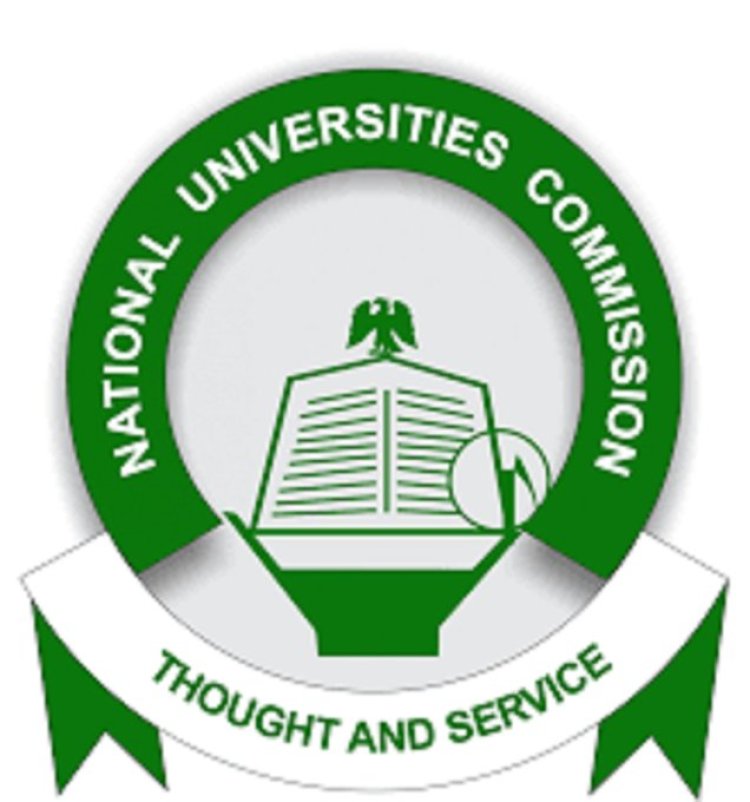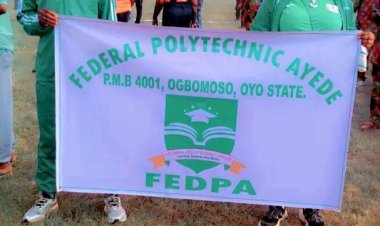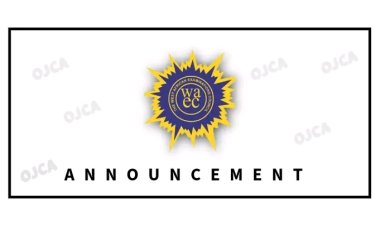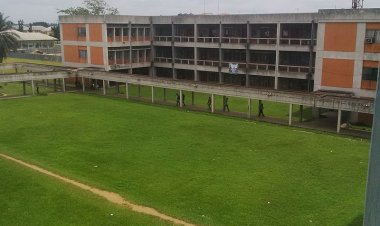NUC identifies poor governance, funding issues in Nigerian universities
The National Universities Commission (NUC) has identified poor governance, academic corruption, and inadequate funding as major challenges plaguing tertiary education in Nigeria.

The National Universities Commission (NUC) has identified poor governance, academic corruption, and inadequate funding as major challenges plaguing tertiary education in Nigeria. This was revealed by the Acting Executive Secretary of the NUC, Chris Maiyaki, during the 2024 Registry Lecture at Babcock University, Ilishan, on Tuesday.
Maiyaki expressed concern over the decline in the nation’s university system over the past three decades, contrasting it with the remarkable achievements of earlier periods. He lamented that Nigerian graduates, once celebrated both nationally and globally, are now hindered by social vices, manpower shortages, economic pressures, and frequent strike actions.
“We had our glorious years but then we had the downturn, and there are a lot of factors for that: economic pressure, gradual decline in funding, and the value of the Naira in real terms is no longer sufficient,” Maiyaki stated. He added that poor governance systems and a deteriorating family structure have also contributed to the decline.
Maiyaki urged university administrators to embrace technology and artificial intelligence to transform their institutions. He emphasized that effective administration and governance are crucial for institutional success. “We need more PhDs; we need to stabilize; the system has suffered a lot of instability due to a combination of factors. We need sustained, constant funding and so many things to be done,” he said.
He also called on administrators to expand their focus and cultivate strong relationships with external stakeholders to support long-term growth and excellence in higher education. Maiyaki assured that the federal government would continue to support policies that guide institutions toward achieving their goals.
Despite the challenges, Maiyaki struck an optimistic note, highlighting recent improvements in the rankings of Nigerian universities. “In spite of everything we’re going through, we have shown a lot of resilience,” he said. He also mentioned that the NUC has recently re-engineered the curriculum in collaboration with critical stakeholders to align with global best practices.
Maiyaki urged Babcock University and other Nigerian universities to continue working with the commission to create a future where higher education values are defined by excellence, equity, and global competence. “We must continue to search for a way out as giving up is not an option,” he concluded.
Earlier in his welcome address, the Vice-Chancellor of Babcock University, Professor Ademola Tayo, described the lecture as a platform for addressing and interrogating key issues in the university system. He expressed hope that the discussion would yield practical solutions leading to far-reaching reforms in the sector, ultimately propelling the nation’s education system to the next level.

 Lois Udoye
Lois Udoye 



